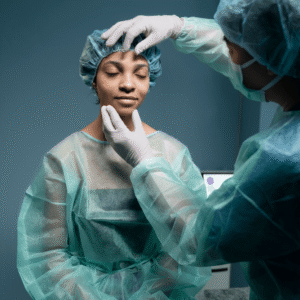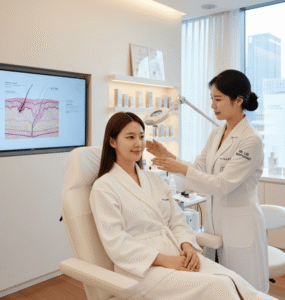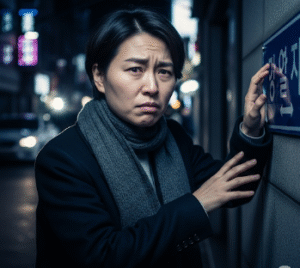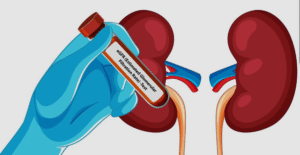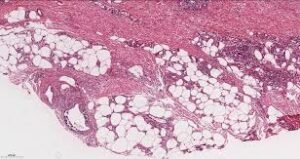Overview
Erythema Nodosum (EN) is an inflammatory skin condition characterized by tender, red nodules, usually appearing on the shins. It is often a reaction to infections, medications, or systemic diseases rather than a primary disease itself. While EN is generally self-limiting, it can be painful and may indicate an underlying medical condition. In South Korea, advanced diagnostic and treatment options are available to manage symptoms and address underlying causes.
What is Erythema Nodosum?
Erythema Nodosum is a type of panniculitis, an inflammation of the fat layer under the skin. The condition manifests as firm, painful, reddish nodules, most commonly on the front of the lower legs. Lesions may also appear on thighs, arms, or other areas. EN is considered a hypersensitivity reaction to various triggers, including infections, medications, autoimmune diseases, and other systemic illnesses.
Symptoms
- Tender, red or purple nodules, usually 1–5 cm in diameter
- Nodules commonly located on shins, sometimes on thighs or arms
- Swelling and warmth in affected areas
- Mild fever and general malaise
- Joint pain or swelling, especially in knees and ankles
- Fatigue or discomfort associated with underlying conditions
EN usually resolves within 2–6 weeks, although recurrence can occur if triggers persist.
Causes
Erythema Nodosum can result from multiple triggers:
Infections:
- Streptococcal throat infections
- Tuberculosis
- Fungal infections
- Viral infections (e.g., hepatitis B, Epstein-Barr virus)
Medications:
- Antibiotics (e.g., sulfonamides)
- Oral contraceptives
- Nonsteroidal anti-inflammatory drugs (NSAIDs)
Systemic and Autoimmune Conditions:
- Sarcoidosis
- Inflammatory bowel disease (Crohn’s disease, ulcerative colitis)
- Other autoimmune or inflammatory disorders
Other Factors:
- Pregnancy
- Malignancies (rarely)
- Idiopathic (unknown cause) in many cases
Risk Factors
- Young adults (ages 20–40) and females are more commonly affected
- History of recent infection
- Autoimmune or systemic inflammatory conditions
- Use of certain medications such as antibiotics or hormonal contraceptives
- Genetic predisposition in rare familial cases
Complications
While EN itself is usually self-limiting and non-life-threatening, complications can include:
- Persistent pain or swelling in affected areas
- Recurrence due to ongoing triggers
- Underlying disease progression if EN is secondary to infections or autoimmune conditions
Prevention
- Prompt treatment of infections
- Avoid known medication triggers when possible
- Monitor for systemic diseases that may cause EN
- Maintain a healthy lifestyle to support immune function
Treatment Options in Korea
South Korea provides comprehensive care for EN, including symptom management, identification of triggers, and treatment of underlying conditions.
- Diagnosis
- Physical examination of characteristic nodules
- Blood tests for infections, autoimmune markers, and inflammation (ESR, CRP)
- Throat cultures or other tests for bacterial/viral infections
- Imaging or biopsy if systemic disease is suspected
- Medical Management
- NSAIDs: Reduce pain and inflammation (ibuprofen, naproxen)
- Corticosteroids: Used in severe or persistent cases
- Potassium iodide: Occasionally prescribed for recalcitrant EN
- Treatment of Underlying Causes
- Antibiotics for bacterial infections
- Management of autoimmune diseases (e.g., Crohn’s disease, sarcoidosis)
- Adjustment of medications that may trigger EN
- Supportive Care
- Leg elevation and rest to reduce swelling
- Compression bandages for comfort
- Warm or cool compresses to alleviate pain
- Physical activity modifications during acute episodes
- Follow-Up Care
- Monitoring for recurrence
- Ongoing management of underlying conditions
- Patient education on identifying early symptoms and triggers


